The challenges and opportunities for Eurasia oil and gas
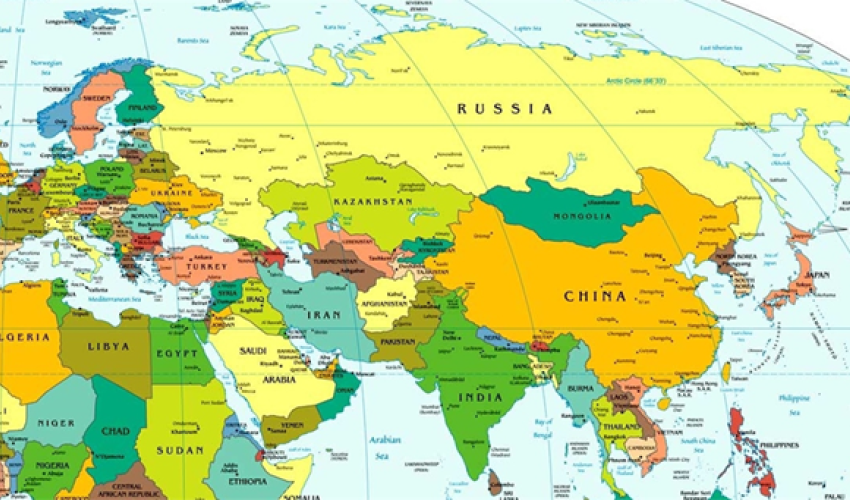
The four-largest Eurasian energy producers are Azerbaijan, Kazakhstan, Russia and Turkmenistan. Each of these four are now challenged by falling oil prices, government regulation and volatile market dynamics.
This was the conclusion reached in an article from the National Interest that I saw earlier. Eurasia is an oil and gas giant. Russia has the most natural gas reserves in the world, and comes in second on coal and eighth in oil. Russia produces almost a fifth of global gas, and the second largest amount of oil. And Europe receives one-third of its oil and gas from Russia.
In the Caspian Sea region, Azerbaijan is a large and dependable supplier of oil (and soon) gas to Europe. Kazakhstan's Tengiz field is the world's newest global "super-giant" to produce oil, and Kashagan is the largest oilfield in the world outside of the Middle East. Turkmenistan holds the world's fourth-largest gas reserves.
But the otherwise promising future of the Eurasian energy sector is threatened by politics, the article in the National Interest said.
Russia depends on state-run Gazprom. The country's output is stagnant, and ever since the Ukrainian crisis of last year Europe has been attempting to look for other sources for its energy than Russia. More trouble is caused by the fact that alternative gas markets in Asia are at least a decade away. And gas demand from Ukraine is forecast to decline.
And even though the other Russian oil and gas giant, Rosneft, is right now experiencing peak oil production because it's cannibalizing the producing assets of other Russian companies, the article says, the company is in trouble because of the effects of Western sanctions.
Prospects from the Eurasian energy sector are also in doubt because governments use exports as sources to fund their budgets. Eurasian producers have not leveraged 20 years of energy earnings to institutionalize reform and invest in infrastructure and human capital beyond the sector.
The National Interest says that it is for these these reasons that Eurasian producers should seek to increase their energy competitiveness through market mechanisms and use proceeds from exports to modernize their economies.
Governments in the region should allow more scope for private and foreign oil and gas companies. The authors of the article cite three major projects that show the oil majors showing the way. ExxonMobil's Sakhalin 1 oil project, Chevron's Tangiz oil project in Kazakhstan and BP's projects in the Caspian Sea off Azerbaijan are all examples.
The article also argues that government interference in the region's energy sector should be decreased. The political situation at the Kashagan project, as well as technical problems and management challenges, continue to hold up development.
Eurasian governments should also not "over-tax" energy. In 2013, according to Russia's finance ministry, half of the federal government's revenue was sourced from export duties on oil and gas and taxes on mineral extraction. And in 2010, Kazakhstan increased oil export duties to help close a growing budget deficit. Finally, in Azerbaijan, oil and gas revenues account for over 60% of federal revenue. Allocating tax revenue to fund dubious ventures is wasteful, and unfortunately that's what governments in the region often do.
The article says that to prosper, the Eurasian energy sector must become more efficient and less insular. This means removing politics as the sole rationale for energy decisions, and being honest about changing market forces- and adapting to them.
(oilpro.com)
ANN.Az
Similar news
Similar news
Latest news 
More news 


























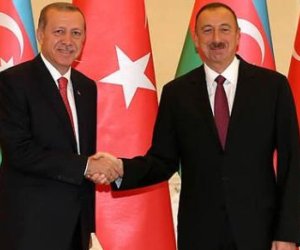
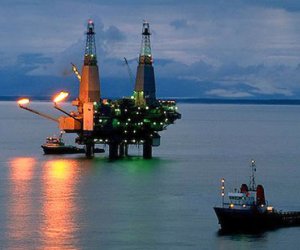
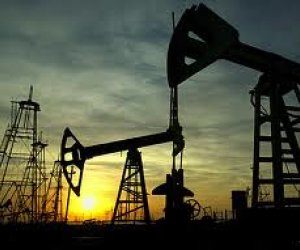
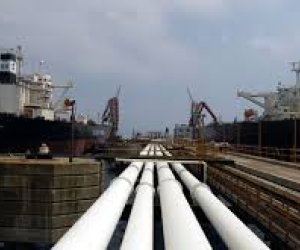





 Photo
Photo 



 Video
Video 

